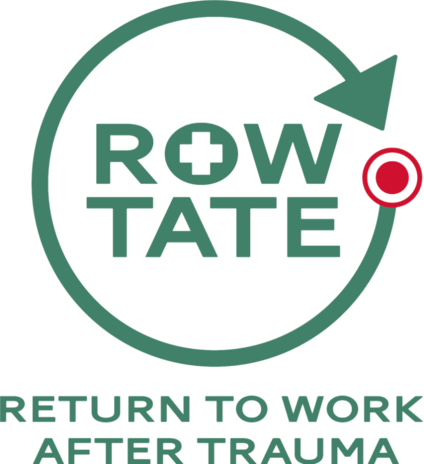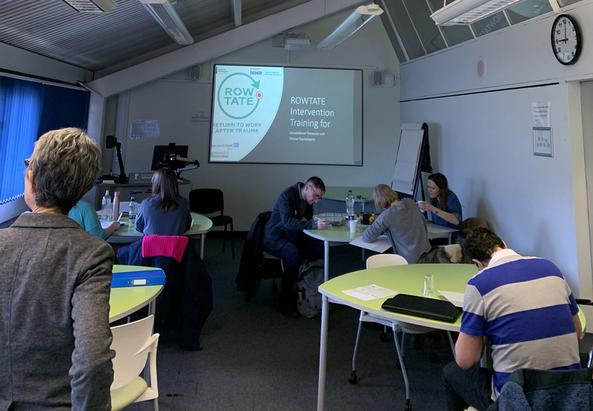Returning to Work After Trauma (ROWTATE)
Formal Project Introduction
“Returning to work after a serious injury can be difficult and often takes longer than expected. Many patients experience issues such as pain, problems with mobility and with usual activities months after their injury. Long term sickness-absence after an injury can lead to financial problems, loss of self-esteem and confidence, relationship problems, social isolation and emotional difficulties.
A return-to-work program (called ROWTATE) is being researched for people with a wide range of injuries. Part of the research is to test whether the ROWTATE program is feasible to provide in the NHS, how effective it is, and whether it saves the NHS more money than it costs to provide. The research program started in 2019 and will end in 2026. Findings from the research will be used to help the NHS decide whether to provide the return-to-work service. ROWTATE research is hoping to determine / achieve these key outcomes from vocational rehabilitation.”
ROWTATE is funded by the National Institute for Health Research (NIHR), which I think of as the academic branch of the NHS.

My Involvement
I’m involved with ROWTATE in the context of Patient and Public Involvement (PPI). The photo below shows me (in blue stripey shirt) squirreling away during a ROWTATE intervention training session.
While ROWTATE was impacted by the COVID-19 pandemic like everything else was, it didn’t stop the research team from ploughing ahead. Rather, it went full speed ahead into trialling internet access for patient healthcare (Telehealth), with significant success.

My Recovery Journey in a Nutshell
I recorded a video which I’m hopeful will encourage anyone who’s experienced a traumatic event to never give up on themselves.
ROWTATE PPI Representation
As part of my ROWTATE PPI role, I recorded a video for participants who were considering joining the program.
